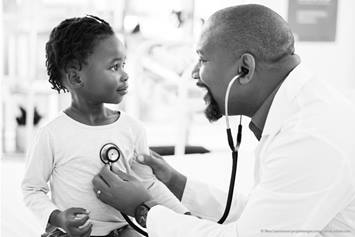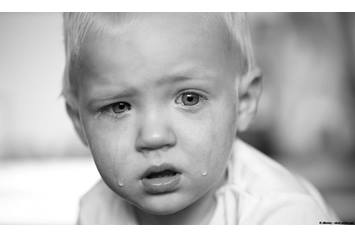Protecting Infants and Families from RSV
Respiratory Syncytial Virus (RSV) can cause serious illness in young children, especially infants. To help providers, patients, and families stay informed, Nationwide Children’s Hospital offers a collection of trusted resources on RSV prevention, symptoms, and treatment. Providers can explore clinical guidance and resources for RSV prevention, including family-facing resources to share in clinical practice. Families can learn more through educational blog posts, our Helping Hands RSV guide, and a new PediaCast episode. Together, these resources support a better understanding of RSV prevention during the upcoming viral season.
Community Provider Resources from Nationwide Children’s:
- New FDA-Approved Medication to Prevent RSV-Infections
- Pediatrics Nationwide: What Clinicians Need to Know About RSV Prevention
Providers can request consultation, referral, transport or direct admission via Physician Direct Connect, our 24-hour physician/provider consult-transfer center, at (614) 355-0221 or 1 (877) 355-0221.
Connect with Us Using Physician Direct Connect





